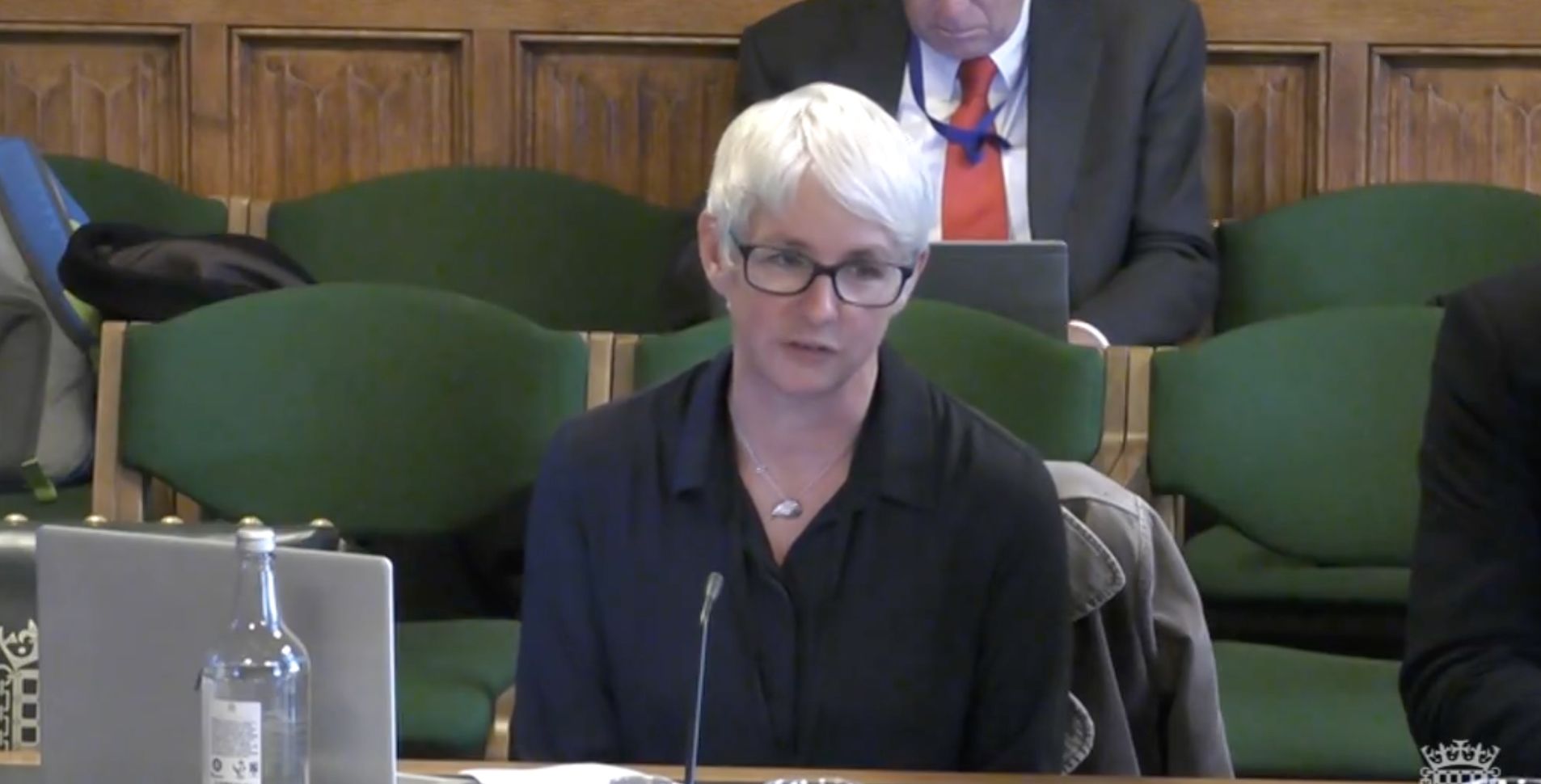How can we protect marine mammals?

In the marine environment, mammals such as whales, dolphins and seals play a vital role in maintaining a healthy ecosystem, but their numbers and welfare are being threatened.
Amid a global biodiversity crisis, a statement from hundreds of marine mammal experts from over 40 countries in 2020 expressed "grave concerns" about the "real and imminent" extinction risk to many species and populations.
In April 2022, we launched an inquiry into marine mammals, and how Britain could play a role in protecting them. We’ve now published a report about the threats they’re facing and how the Government can help.
What's threatening marine mammals?

Bycatch
Marine mammals can be accidentally caught in fishing equipment, such as gillnets, which is intended to catch other species. This is consistently cited as the single most significant threat to marine mammals. It is thought that over 650,000 marine mammals are killed this way globally each year.
“The UK common dolphins are
disproportionately impacted by bycatch.”

Pollutants
Toxic levels of chemical pollutants are also being found in the bodies of marine mammals. Sometimes known as ‘forever chemicals’, the toxicity of some compounds can cause population decline. Plastic pollution, including discarded fishing gear, can also harm or kill marine mammals via ingestion and entanglement.
Climate change
Global climate change poses several threats to marine mammals. Extreme weather events like severe storms can cause strandings, whilst longer term changes, like ocean warming, can affect migratory patterns. This can damage populations by disrupting their breeding patterns and prey abundance.

"We have maybe replaced one single, more directly manageable impact of hunting and exploitation with a whole myriad of different stressors that are very hard and complex to research and manage."

Vessel strikes
Collisions with vessels have been shown to affect at least 75 species of marine mammals. It’s an increasing concern as marine traffic around the world grows in both volume and speed. Vessel strikes can lead to fatal or serious injury.
Noise
Shipping, offshore developments and military operations are all sources of noise underwater. Witnesses told us that hearing is the primary sense for marine mammals, meaning noise can have particularly harmful effects on their communication and behaviours.
"Species such as the blue whale probably used to be able to communicate with other individuals across entire ocean basins and probably cannot do that now because of the low frequency rumbling that is going on."
What can the Government
do about it?

1. Big data gaps are one of the major problems hindering effective policy responses. We recommend that a new initiative should be launched to upscale our monitoring of marine mammals, with ring-fenced funding specifically to encourage the development of new technological solutions.
2. We recommend that the UK should not agree any new trade deal that does not include a specific commitment to marine mammal conservation.
3.We recommend new legislation is brought in specifically to protect marine mammals. We also endorse the JNCC's recommendation that seals be added to the list of species in Schedule 5 of the Wildlife and Countryside Act to protect them from reckless disturbance.
4.We also recommend that Defra works closely with the Scottish Government to ensure that SMART targets be included in the Government’s Dolphin and Porpoise Conservation Strategy for each species covered – and that it be expanded to cover more species.
What happens next?

Our report, Protecting Marine Mammals in the UK and Abroad, was published on 28 June 2023.
The Government now has two months to respond to our report.
Detailed information from our inquiry can be found on our website.
If you’re interested in our work, you can find out more on the House of Commons Environment, Food and Rural Affairs Committee website. You can also follow our work on Twitter.
The Environment, Food and Rural Affairs Committee is responsible for scrutinising the administration, spending and policy of the Government’s Department for Environment, Food and Rural Affairs.
Before you go...

